Japan's recent military buildup, which marks a dramatic shift from its Pacifist Constitution, is causing negative impacts on peace and stability in the Asia-Pacific region, experts said, calling on Tokyo to prioritize its people's interests and promote peaceful cooperation.
On Wednesday, Japan committed to strengthening its military alliance with the United States, marking the biggest upgrade since its establishment.
The allies have secured dozens of military agreements, including upgrades to the U.S. military's command structure in Japan, joint missile and jet trainer development and production, and the creation of a new air missile defense network in collaboration with Australia.
Da Zhigang, a researcher in the Institute of Northeast Asian Studies at the Heilongjiang Provincial Academy of Social Sciences, pointed out two concerning aspects of this upgraded military cooperation.
"The first change is the proposed upgrade of the command and control frameworks between the U.S. and Japan, aiming to enhance their military mobility and response capabilities. This adjustment is believed to target China and extends beyond the Diaoyu Islands to intervention in the Taiwan Strait and the South China Sea issues," Da said.
"The other shift involves Japan supplying military equipment to the U.S., deepening their defense technology and military hardware partnership. In the future, this could potentially extend to third-party countries, or Japan may offer military capabilities to nations like the Philippines through official security assistance mechanisms. Such possibilities raise significant concerns and risks."
Da further noted that these developments indicate Japan's strategic pivot in its security policy through enhanced partnerships with the U.S. and other nations, marking a significant departure from its self-defense-only principle.
Lyu Chao, director of the Institute of America and East Asia at Liaoning University in Shenyang, echoed Da's sentiment, saying that the administration of Prime Minister Fumio Kishida is leading Japan further and faster toward becoming a military power.
Kazuyuki Hamada, an international political economy scholar and former Japanese parliamentary vice-minister for foreign affairs, pointed to the domestic political situation in Japan and the U.S.
"Both Kishida and U.S. President Joe Biden are faced with serious domestic problems symbolized by the lowest approval rating by ordinary voters," he said. "To change the political atmosphere, they are hoping to shift the people's interest from internal political and economic problems to international security challenges."








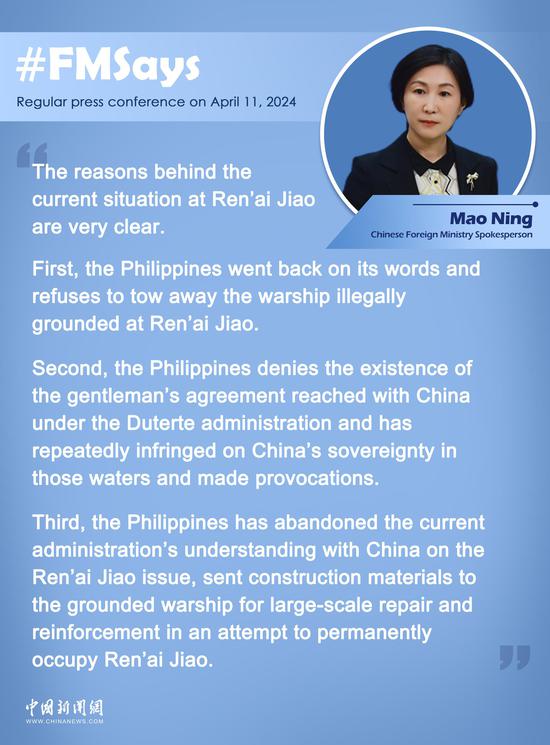
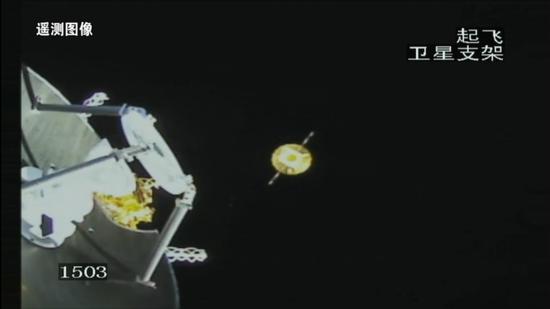
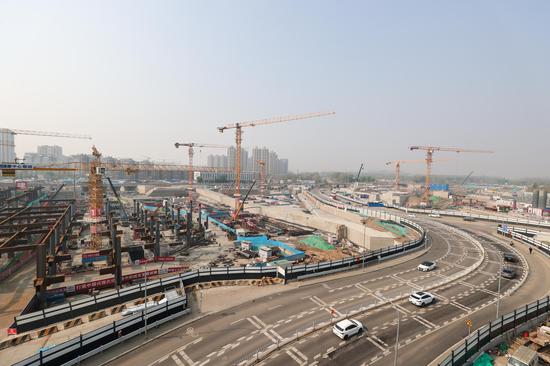
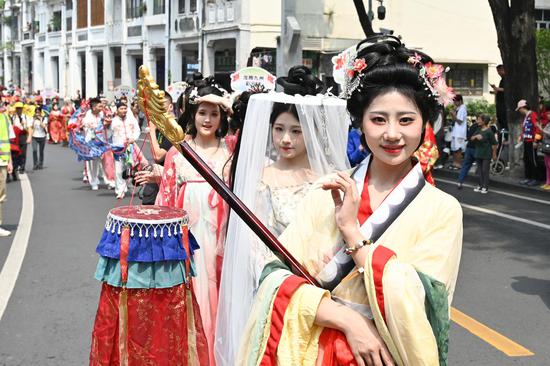

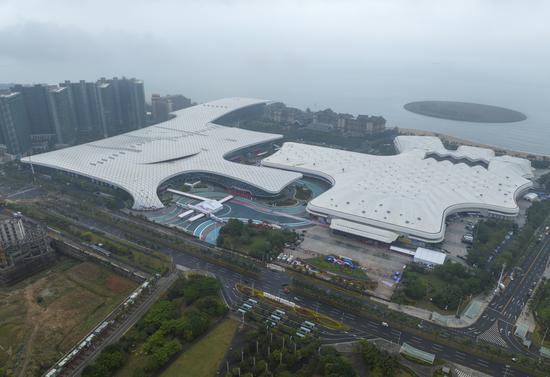


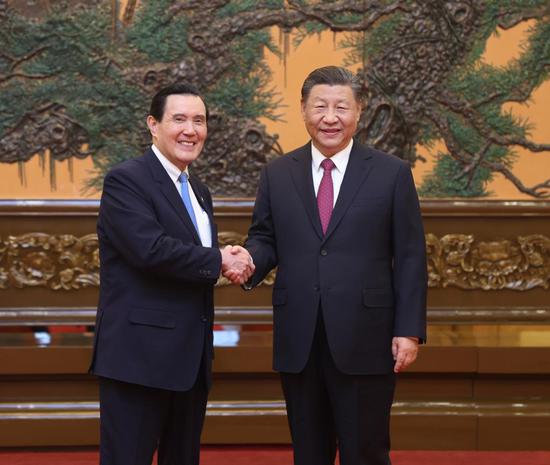

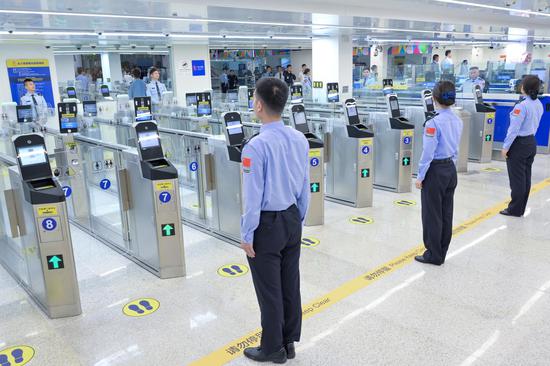
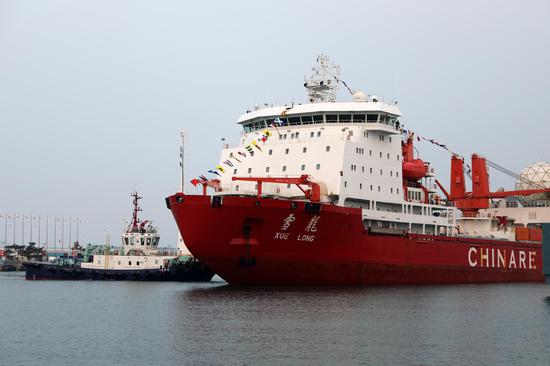


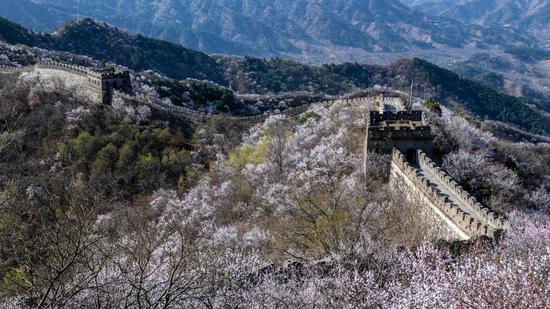

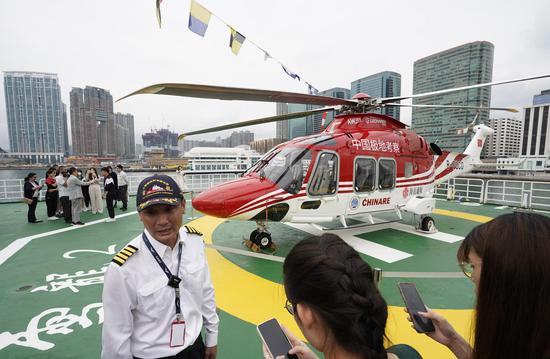
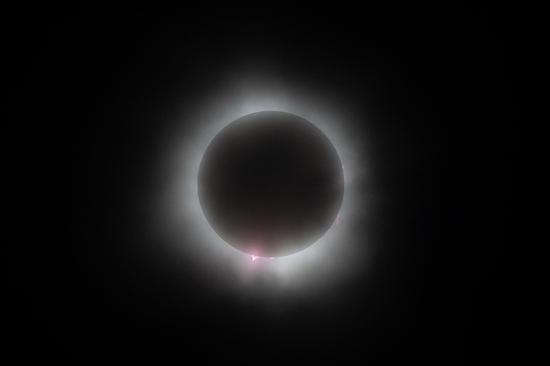



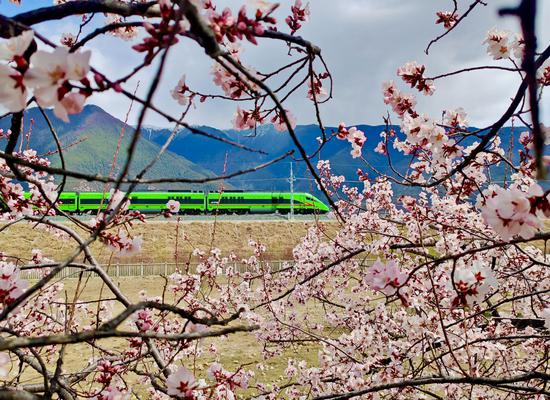

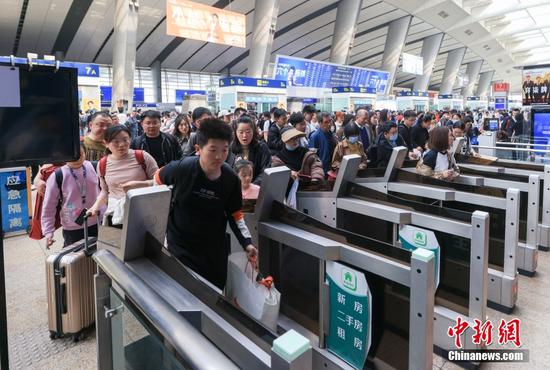
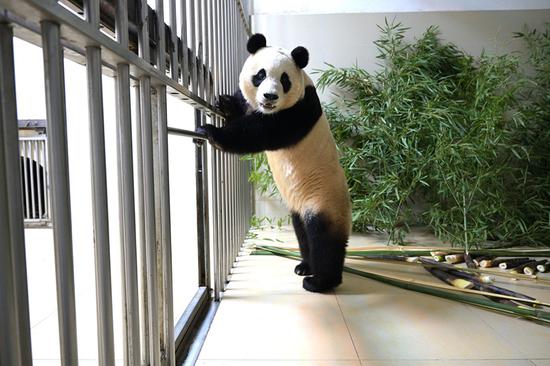
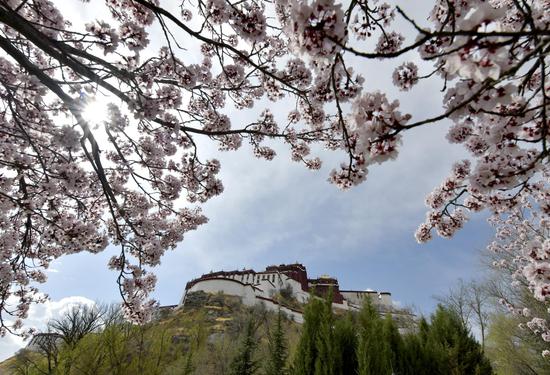
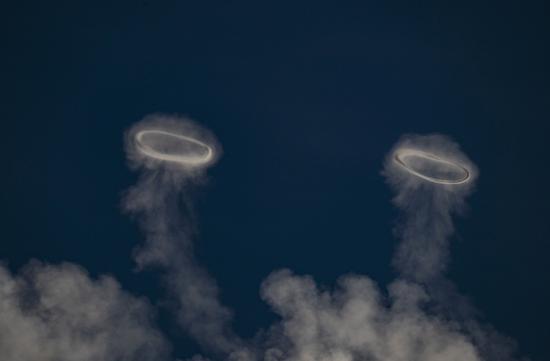
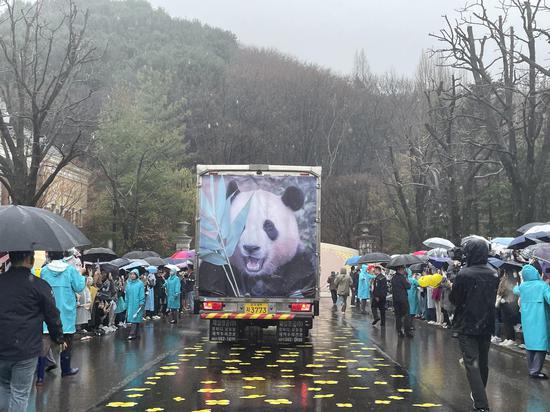
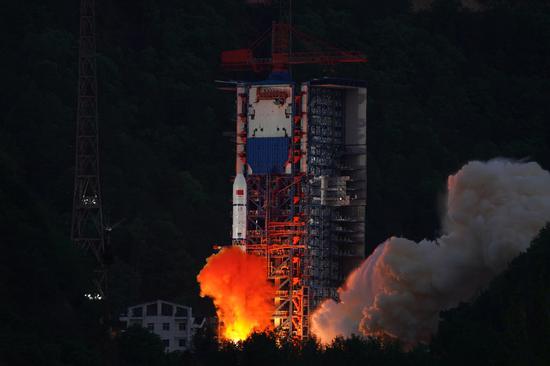
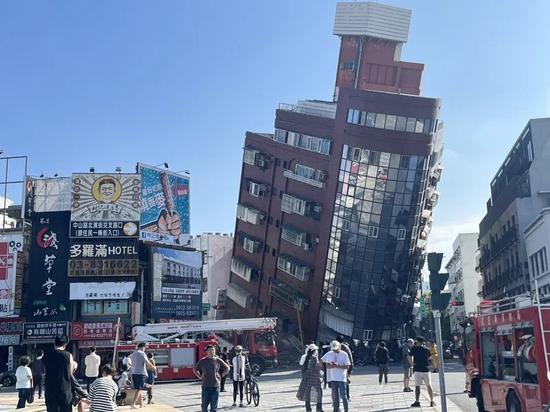
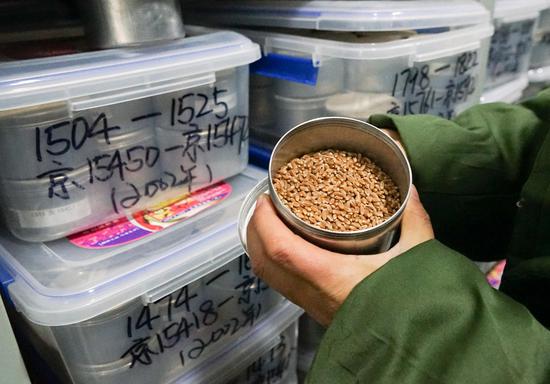
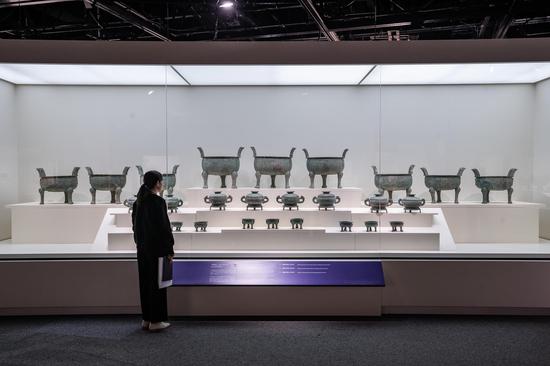
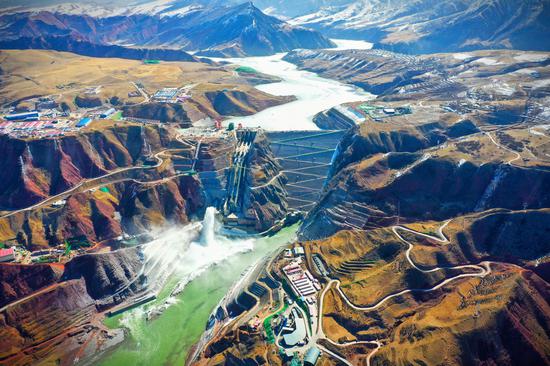

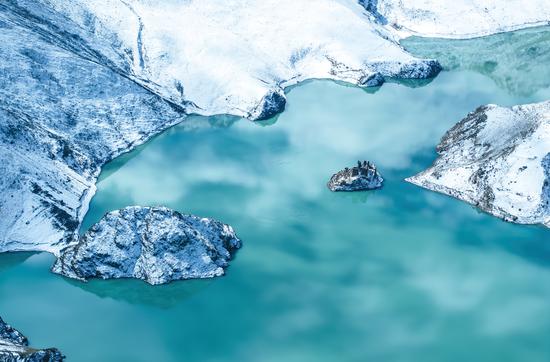
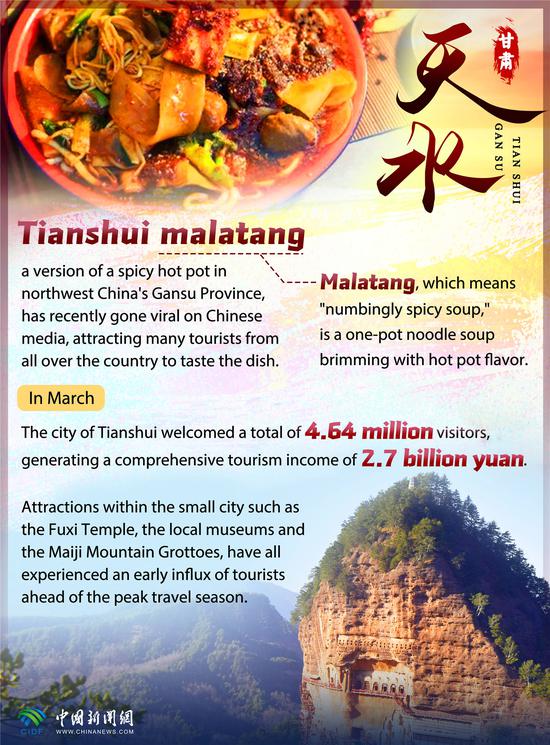
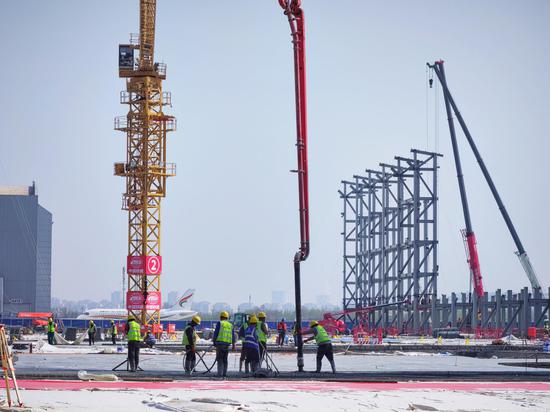





 京公网安备 11010202009201号
京公网安备 11010202009201号